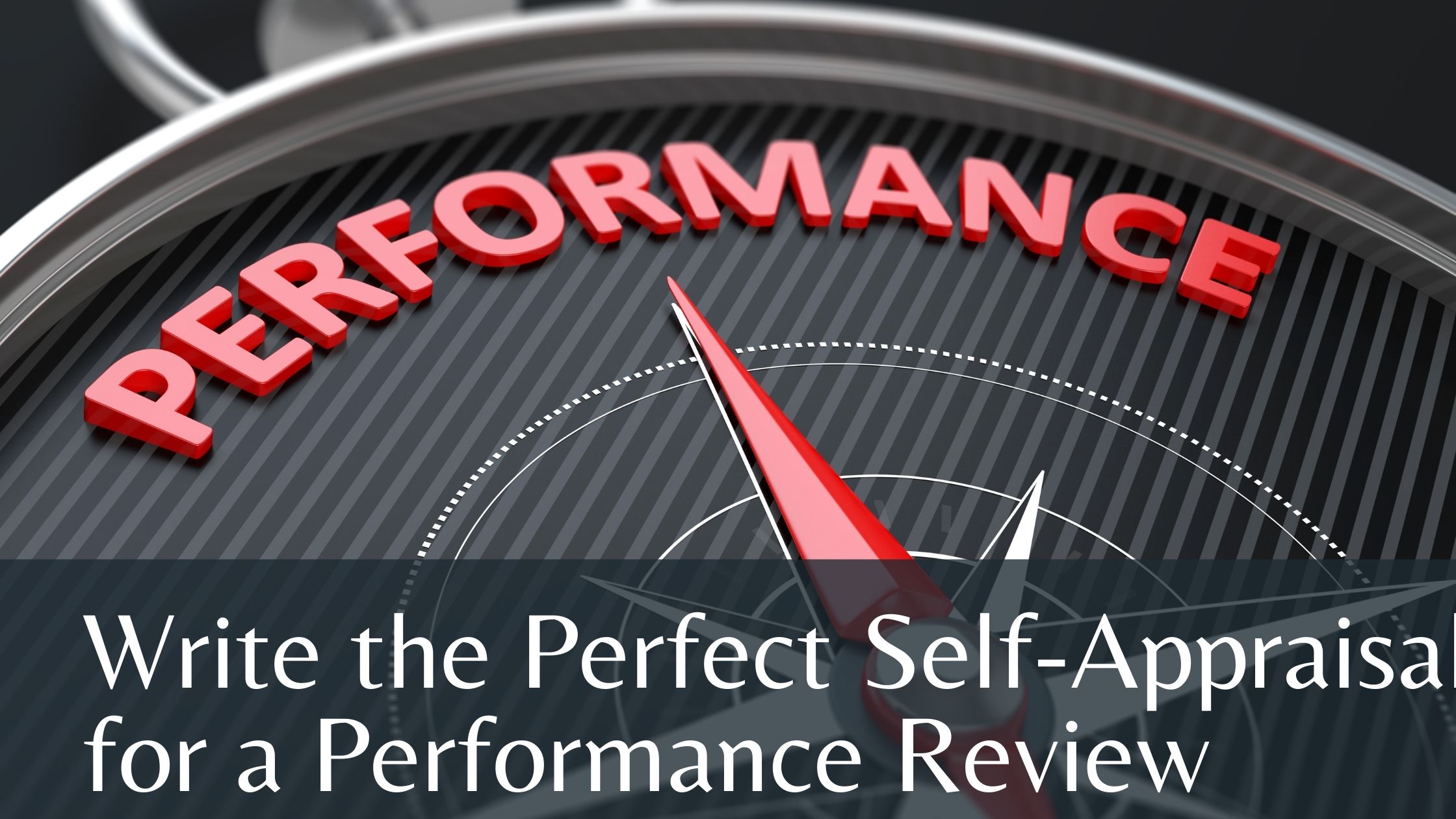Perfect Self-Appraisal-A self-appraisal is a procedure in which an employee evaluates their own work performance. It allows employees to assess their strengths and limitations, which can help them focus and develop their professional trajectories. Self-evaluations are also a wonderful tool for employers to keep track of individual successes and assess how each area is going so that adjustments and improvements may be made for the benefit of the company’s bottom line.
In this essay, we’ll delve deep into the area of self-evaluations. We’ll look at what the process entails and what advantages it might provide for both employers and employees. We’ll also go over some of the most typical questions included in a company’s staff assessment template, as well as some pointers on how to write the perfect self-appraisal.
How Much Debt Should Your Company Have?
What Exactly Is a Self-Appraisal?

A self-evaluation, also known as a performance appraisal, is a useful tool used by managers and human resource departments to assess an employee’s growth and development. Self-appraisals are frequently undertaken through the completion of a self-evaluation survey and are typically included as part of an employee’s annual review. This poll allows employees to share their accomplishments, track their progress toward specified targets, and address any concerns or obstacles they may be having.
Employees must believe they can be open and honest about all weaknesses and obstacles for the process to be effective. Employers must guarantee that a venue for open communication is established, and they must be willing to explore prospects for employee growth and development. Employers should also create a complete self-evaluation template to ensure that all aspects of an employee’s development are addressed and that the appropriate data is consistently acquired, monitored, and analysed over time.
Why Are Self-Assessments Necessary?
When properly adopted and managed, the self-appraisal process can be extremely helpful to both firms and employees.
Let’s look at some of the advantages of regular self-evaluation.
What is compensation planning?
Employee Advantages
.A self-appraisal allows employees to self-reflect and analyse their own performance. This can assist them in determining any improvements that could be done to improve their work performance.
.Self-evaluations can help employees acquire insight and set clear performance goals for the future by concentrating on their strengths and flaws.
.Employees can also use appraisals to highlight and promote their skills and accomplishments. This usually boosts an employee’s confidence and makes them feel empowered, which increases engagement and drive. It can also encourage people to apply for promotions and further their careers.
Employer Advantages

.Employers have a greater understanding of how their employees see their work and everyday responsibilities.
.Self-appraisal data analysis can assist employers in identifying potential issue areas so that departmental improvements can be implemented as needed.
.Employees are encouraged to take ownership of their work and to be more accountable for their actions as a result of performance reviews.
.Self-evaluations, as opposed to manager appraisals, give employees the impression that they are active participants in the review process and that their ideas are valued. This has the potential to increase employee loyalty and trust.
.A frequent staff-appraisal process facilitates communication and can aid in the improvement of employer-employee relations in the workplace, decreasing possible tension and staff disagreements.
.Employers can acquire a better knowledge of what inspires and incentivizes employees to do their best job by analysing self-assessments on a regular basis.
Self-Appraisal Examples: What to Include in a Self-Appraisal
When an employee undertakes a self-appraisal, they are frequently asked to examine the following questions:
.Are you satisfied with your current position?
.Do you believe your strengths are being utilised to their full potential here?
.Do you see yourself moving up in the firm in the next three years?
.Have you taken on responsibilities that go above and beyond your work description?
.Have you made any career advancements in the recent six months?
.Do you believe you exemplify the company’s values? If so, which ones are they?
.Do you follow through on your work-related promises on a regular basis?
.Did you devote enough time, effort, and resources to your personal development?\
.Have you met any significant deadlines or commitments in the recent three months?
.Do you efficiently communicate with people and share your knowledge?
A self-evaluation form (also known as a staff review template) may also require an employee to analyse a set of SMART goals (Specific, Measurable, Achievable, Realistic, and Timely) and set new SMART targets for the following review period.
See an example of a standard self-evaluation form in this free self-appraisal template.
Self-Assessment Tracking and Monitoring
For self-appraisals to be genuinely beneficial for both employers and employees, the entire process must be tracked and checked on a regular basis. This enables managers to track goals and evaluate the performance of each member of their team in order to decide what training, resources, and direction are needed to improve underperforming areas. Data analysis and regular reporting can also provide insight into other departments’ performance and engagement, indicating areas for development.
If you’re an employer, performance management software can help you remain on top of your employees’ self-evaluations. A strong employee performance management system assists human resource managers in tracking and evaluating employee performance against established key performance indicators (KPIs), as well as providing employees with needed training and professional support. Features for tracking and monitoring progress reviews, reporting, goal setting, real-time feedback, and prizes for increased performance are common in solutions.
How to Write the Perfect Self-Evaluation
As an employee, preparing for an assessment can be challenging because it demands a significant lot of self-reflection and analysis. You must consider your strengths and shortcomings, how you have done in comparison to expectations, and what your future goals are. You must also find a means to communicate all of this knowledge in a constructive and relevant manner, as well as set quantifiable and attainable goals for the future. All of this can be intimidating, especially if this is your first self-evaluation.
With this in mind, we’ve compiled a list of appraisal suggestions for employees to help you get the most out of the self-appraisal process and express what you’ve got to say. If you follow these best practises, you’ll be able to write the perfect self-appraisal for your next performance evaluation.
If you’re an employer, you can utilise these suggestions to help your employees with their self-evaluation process.
